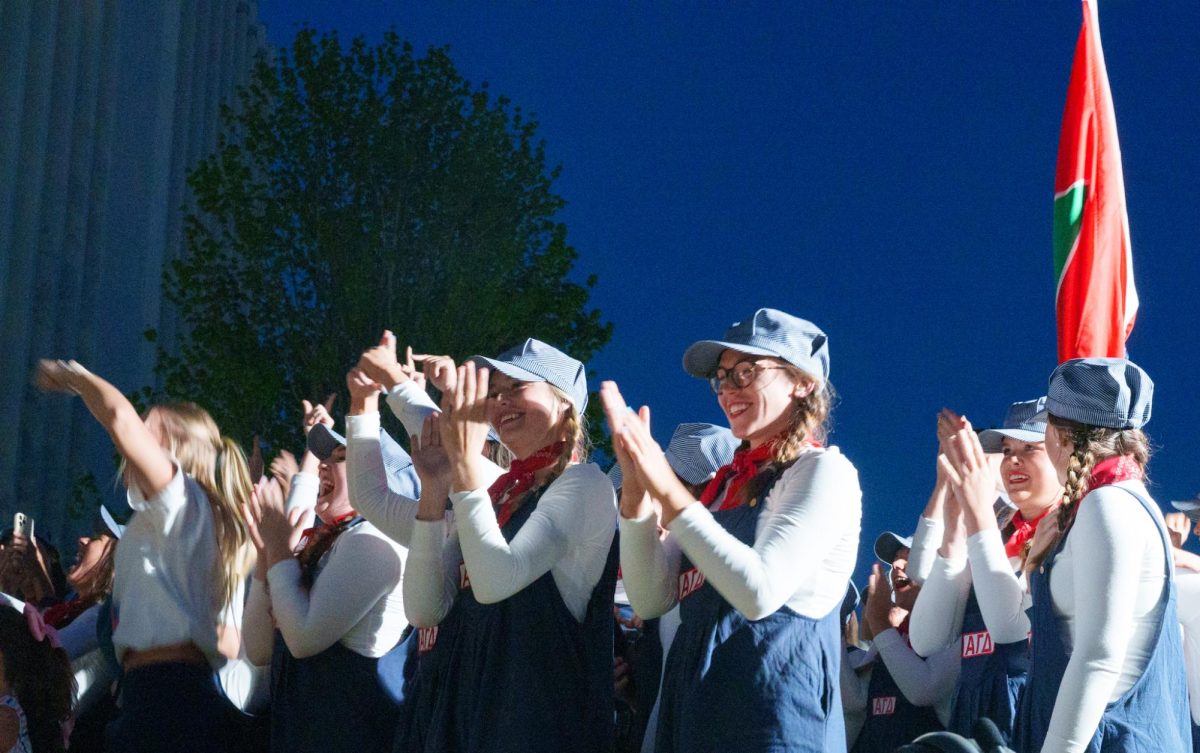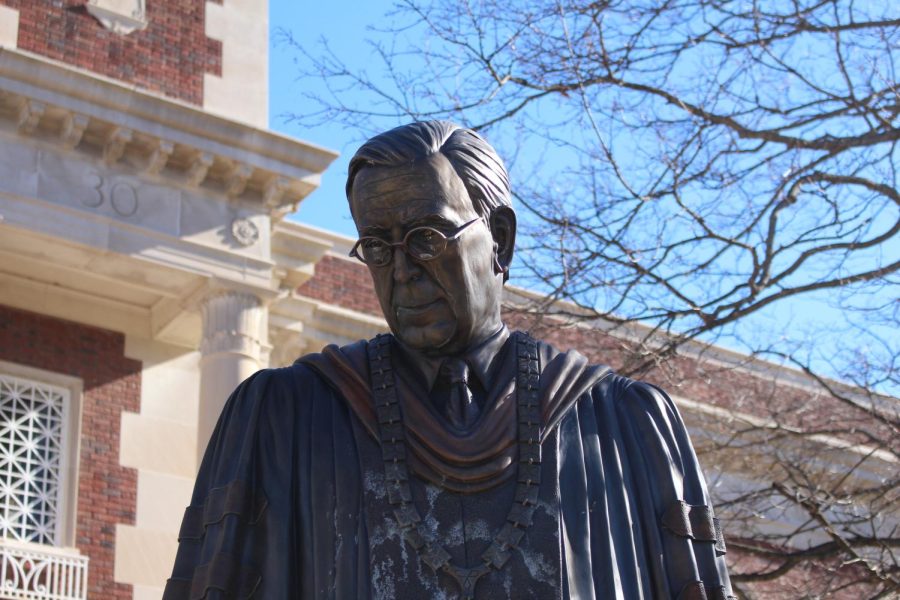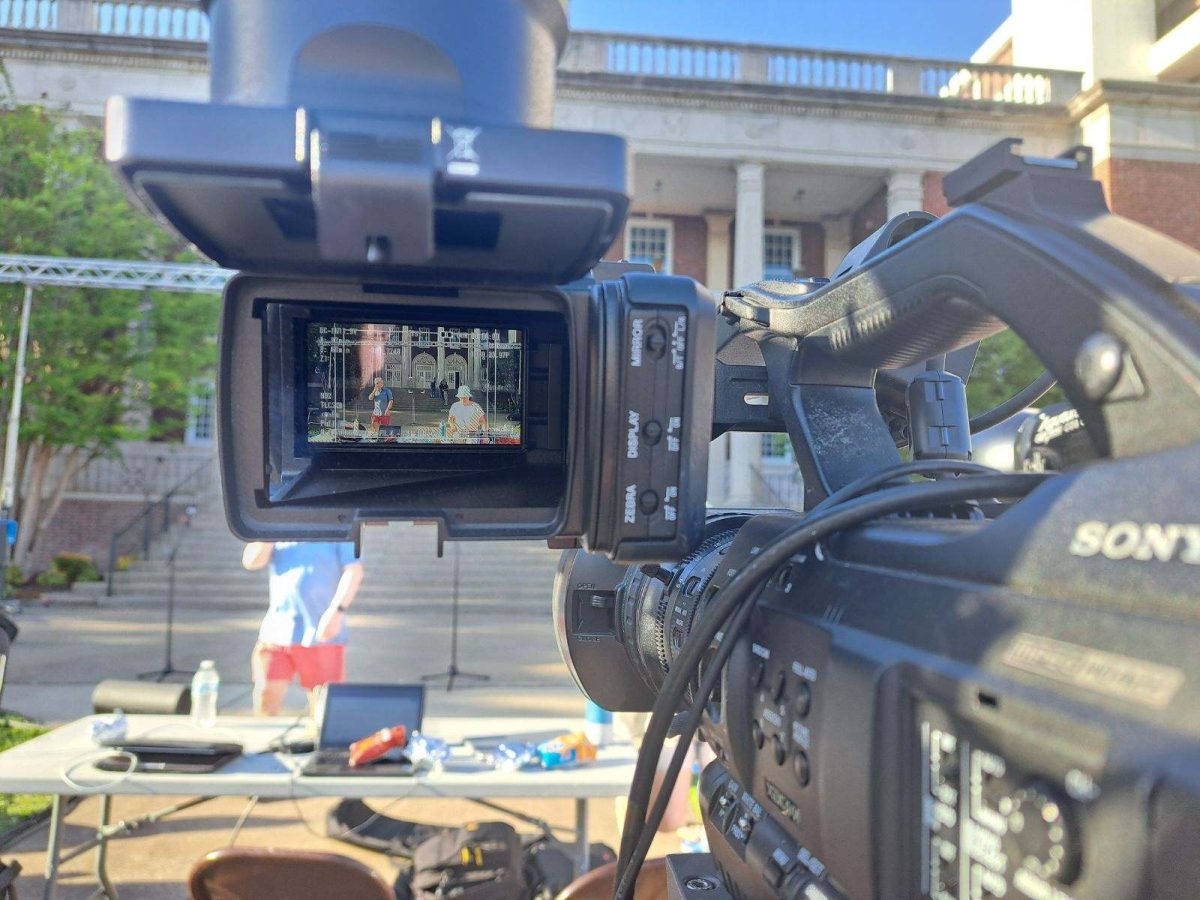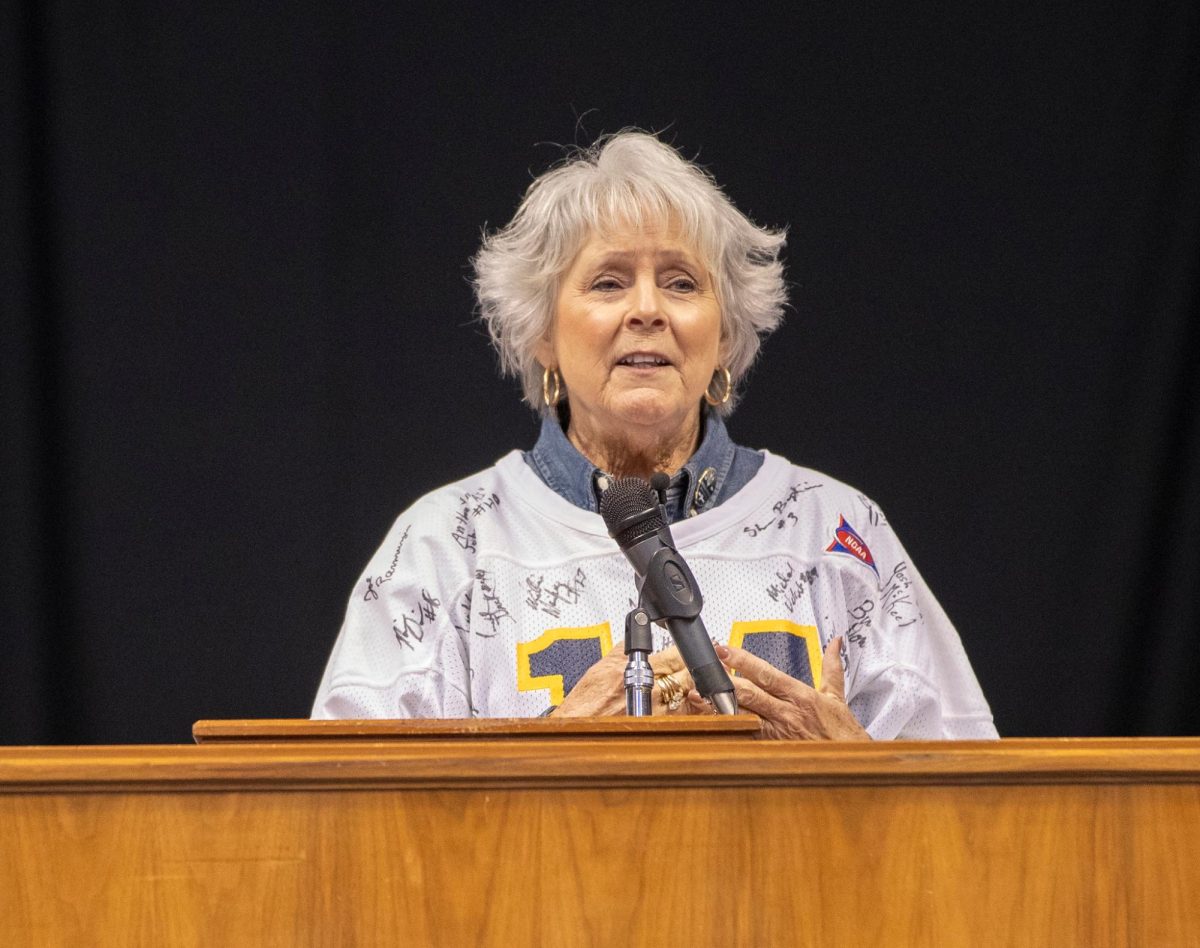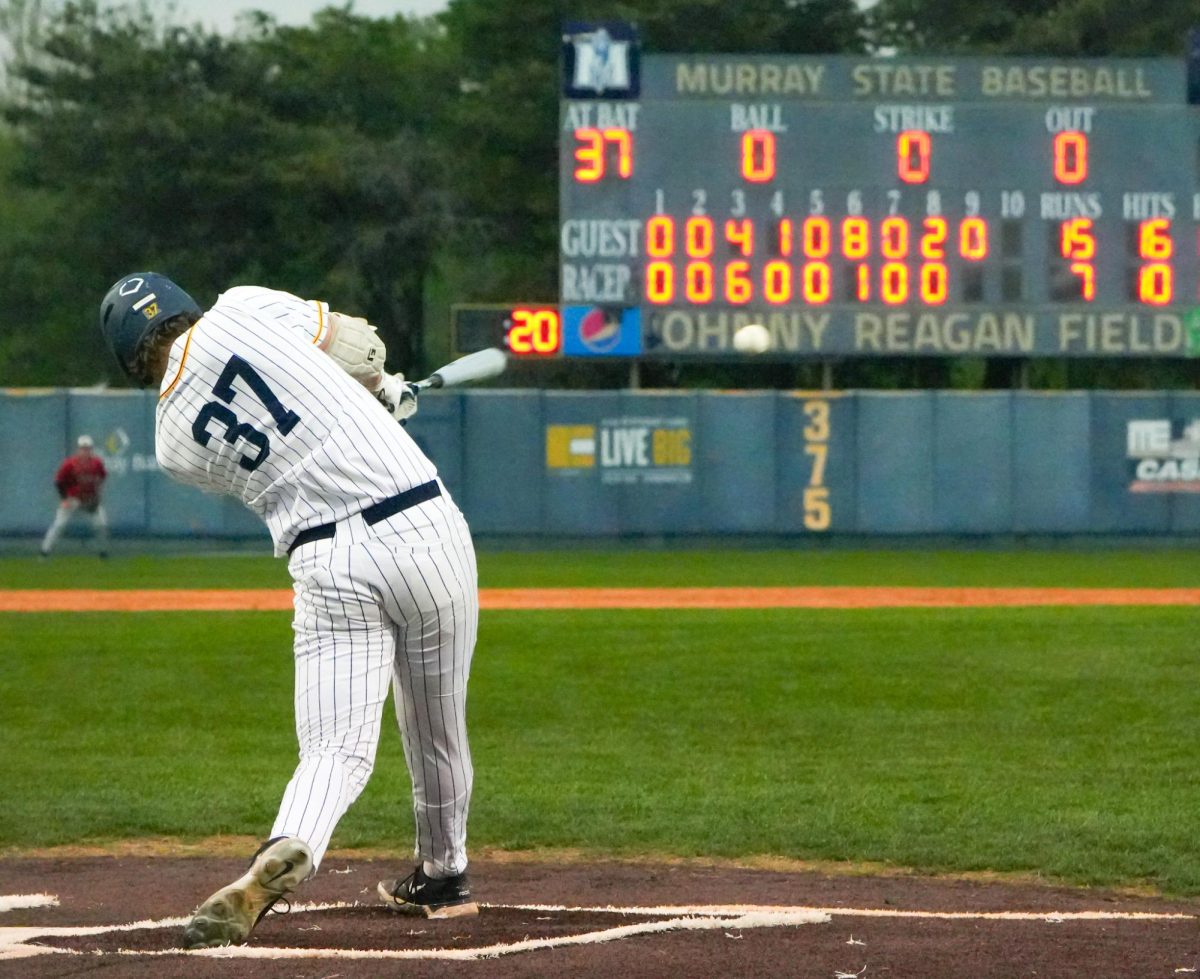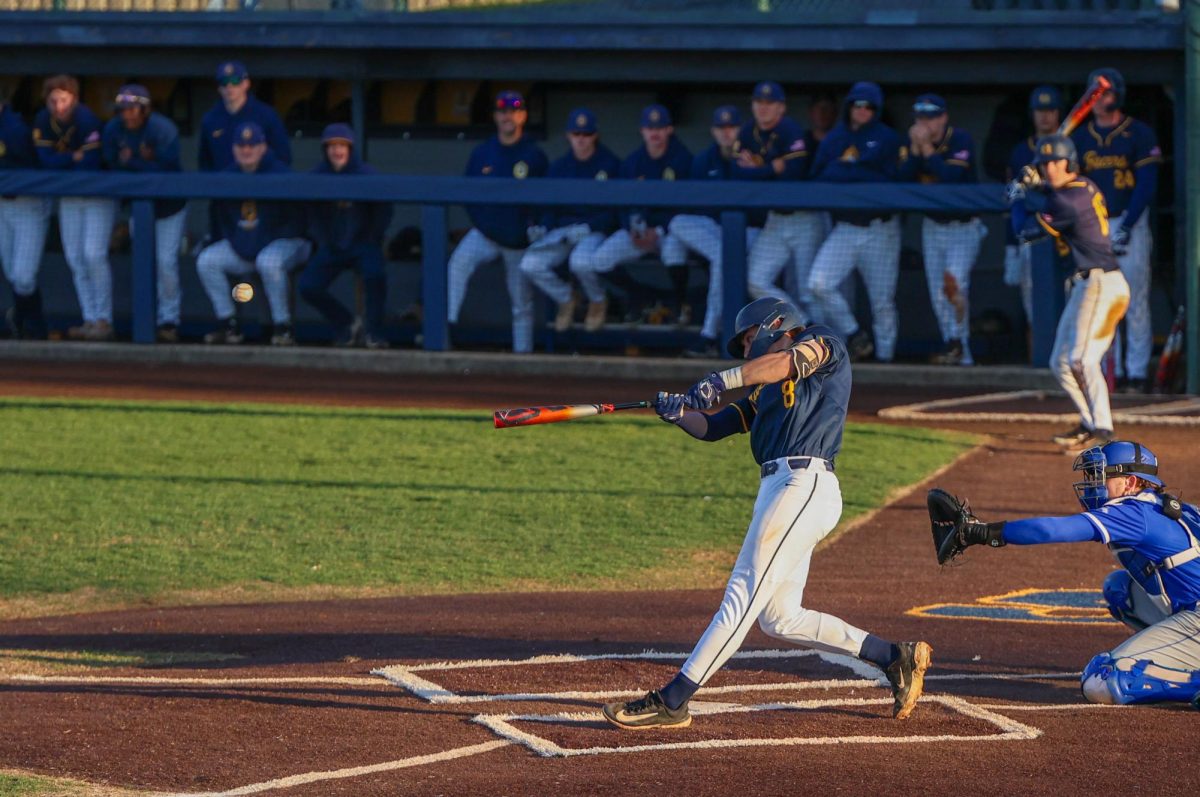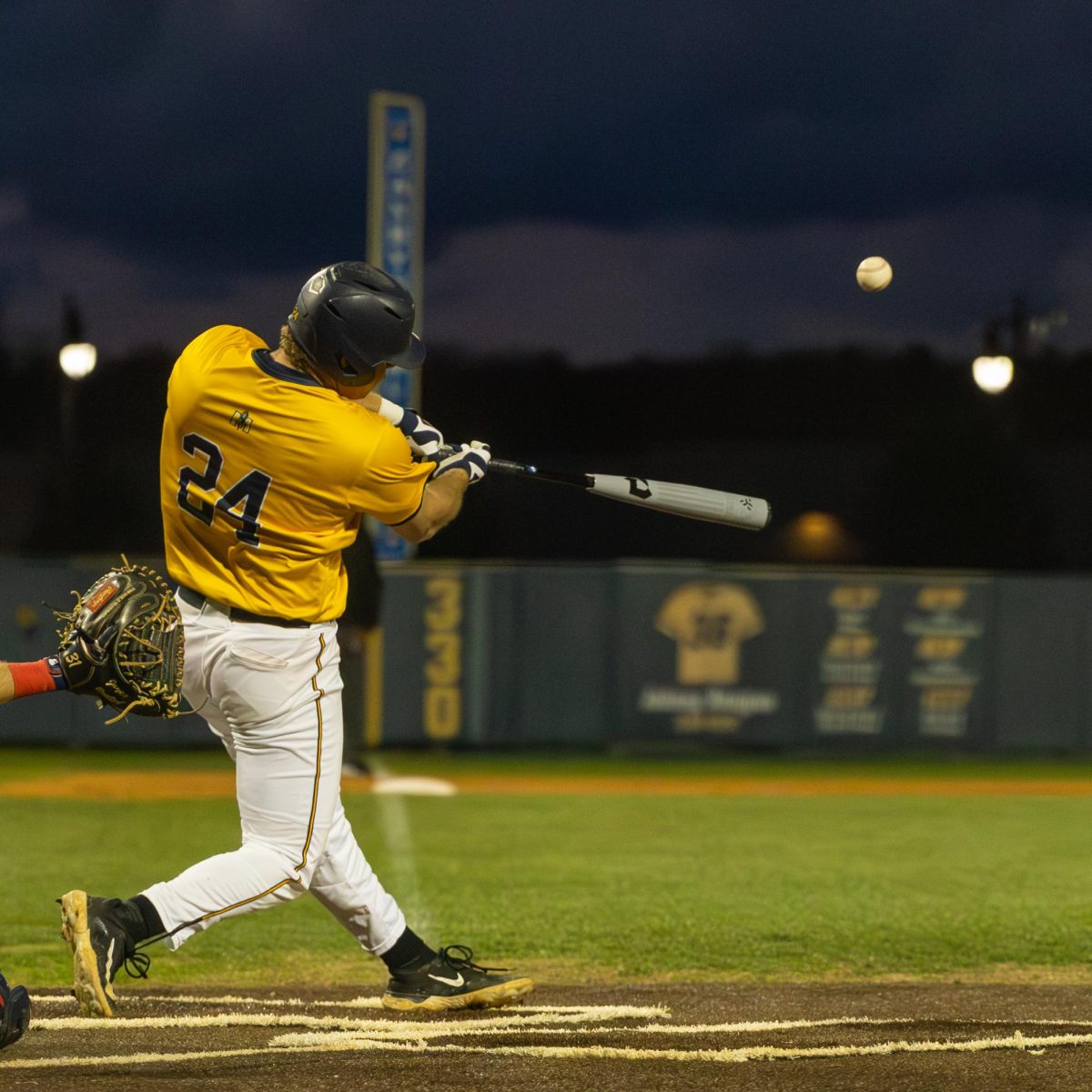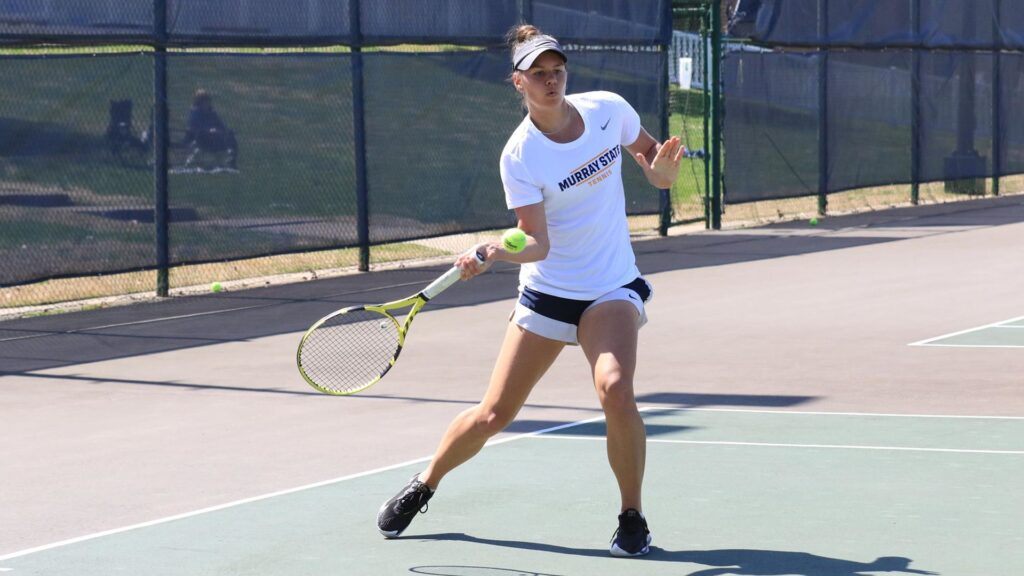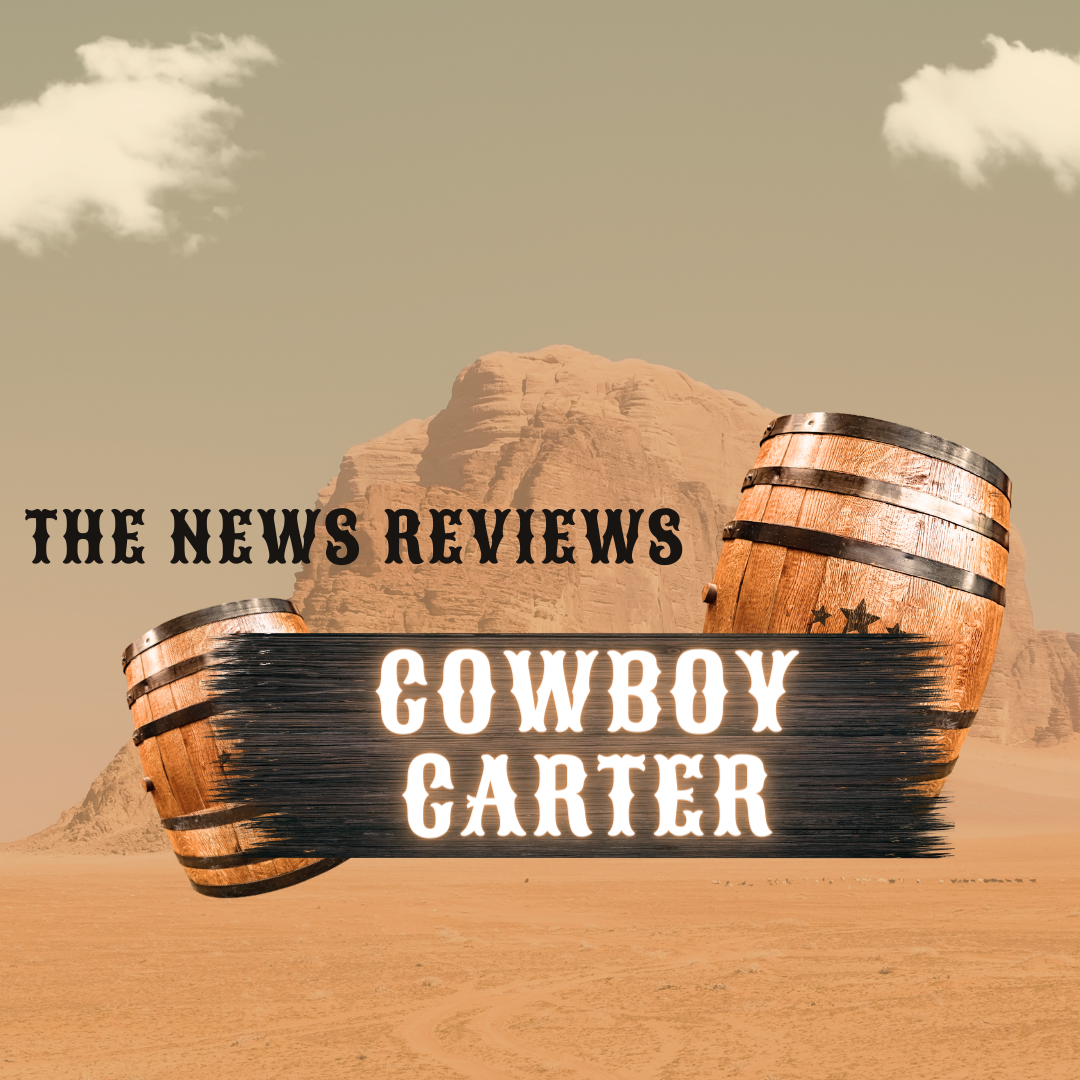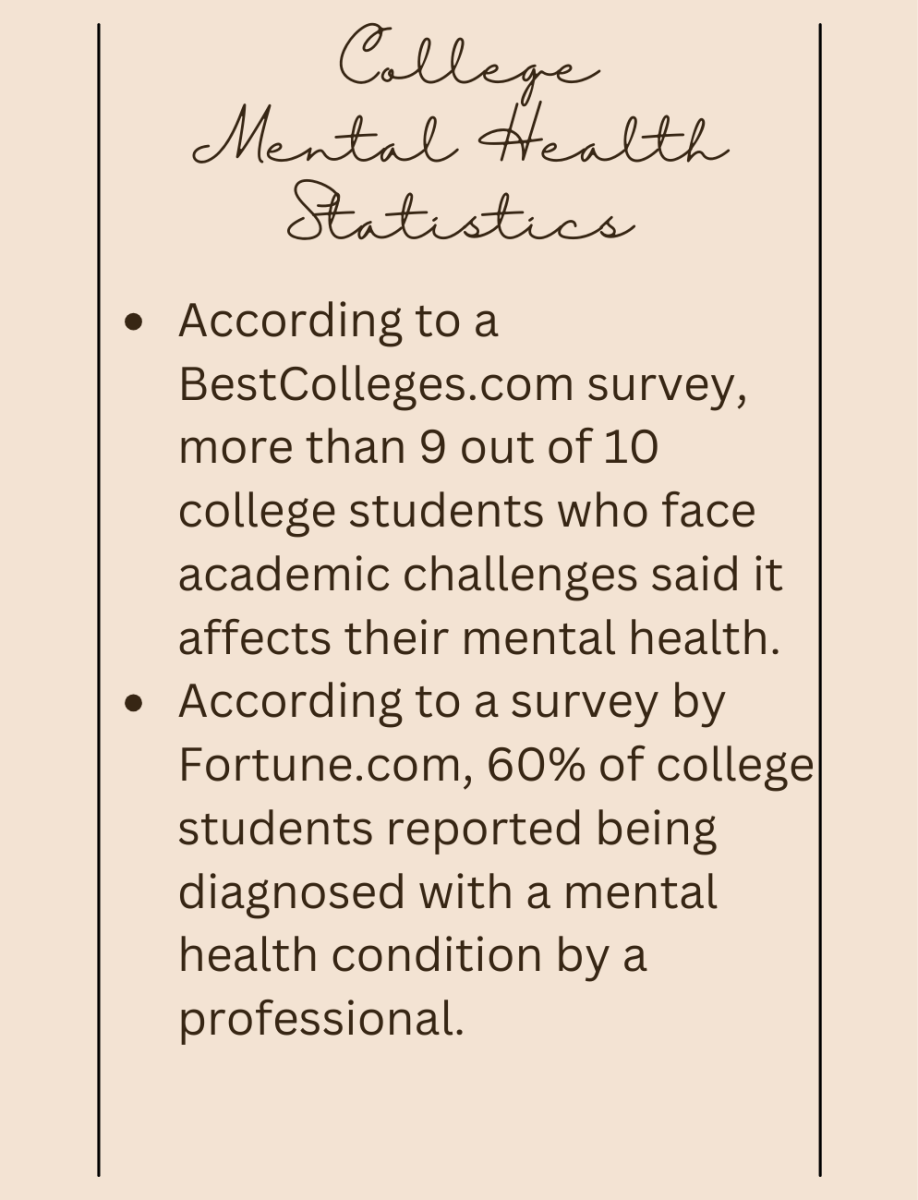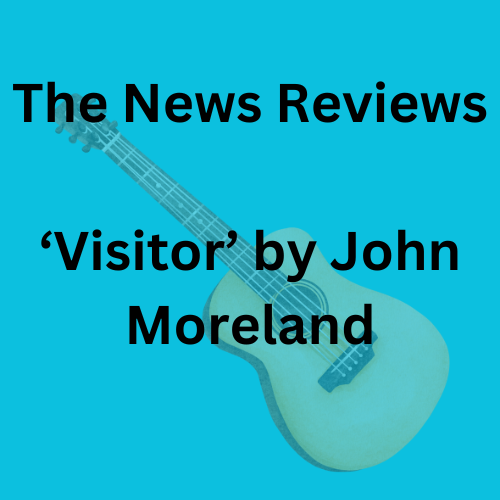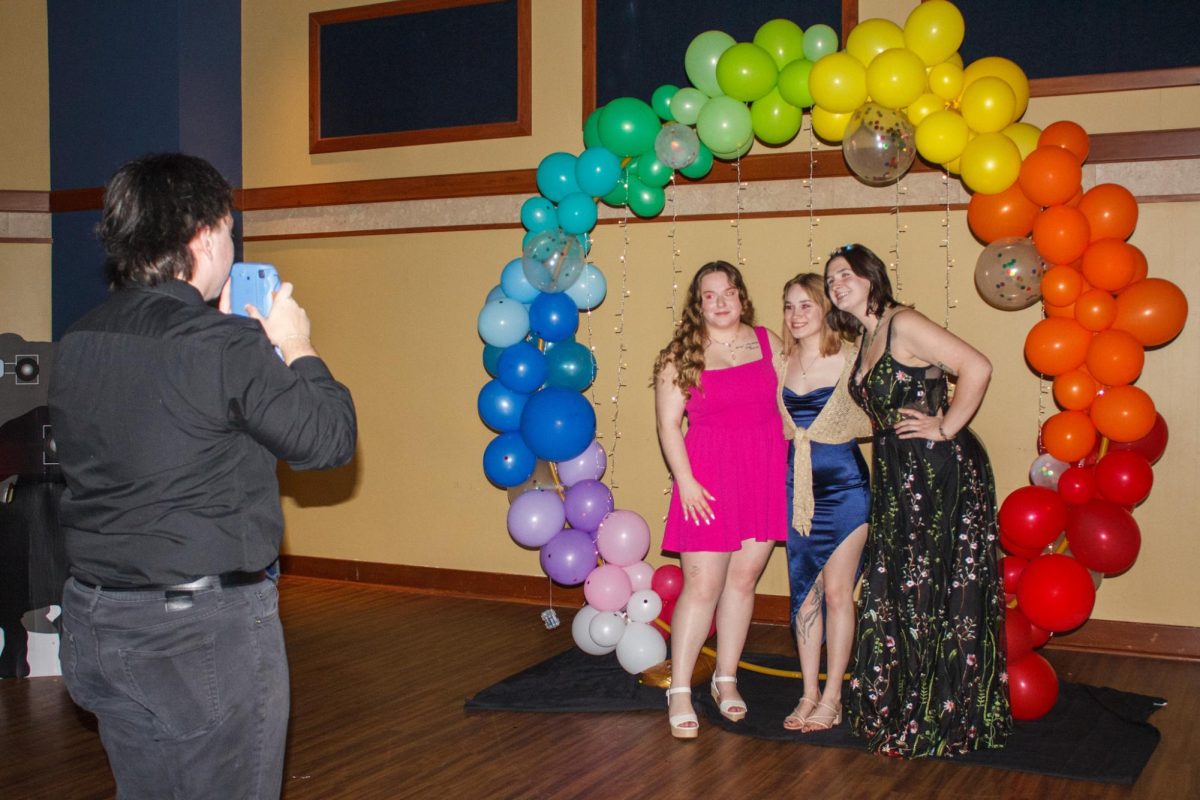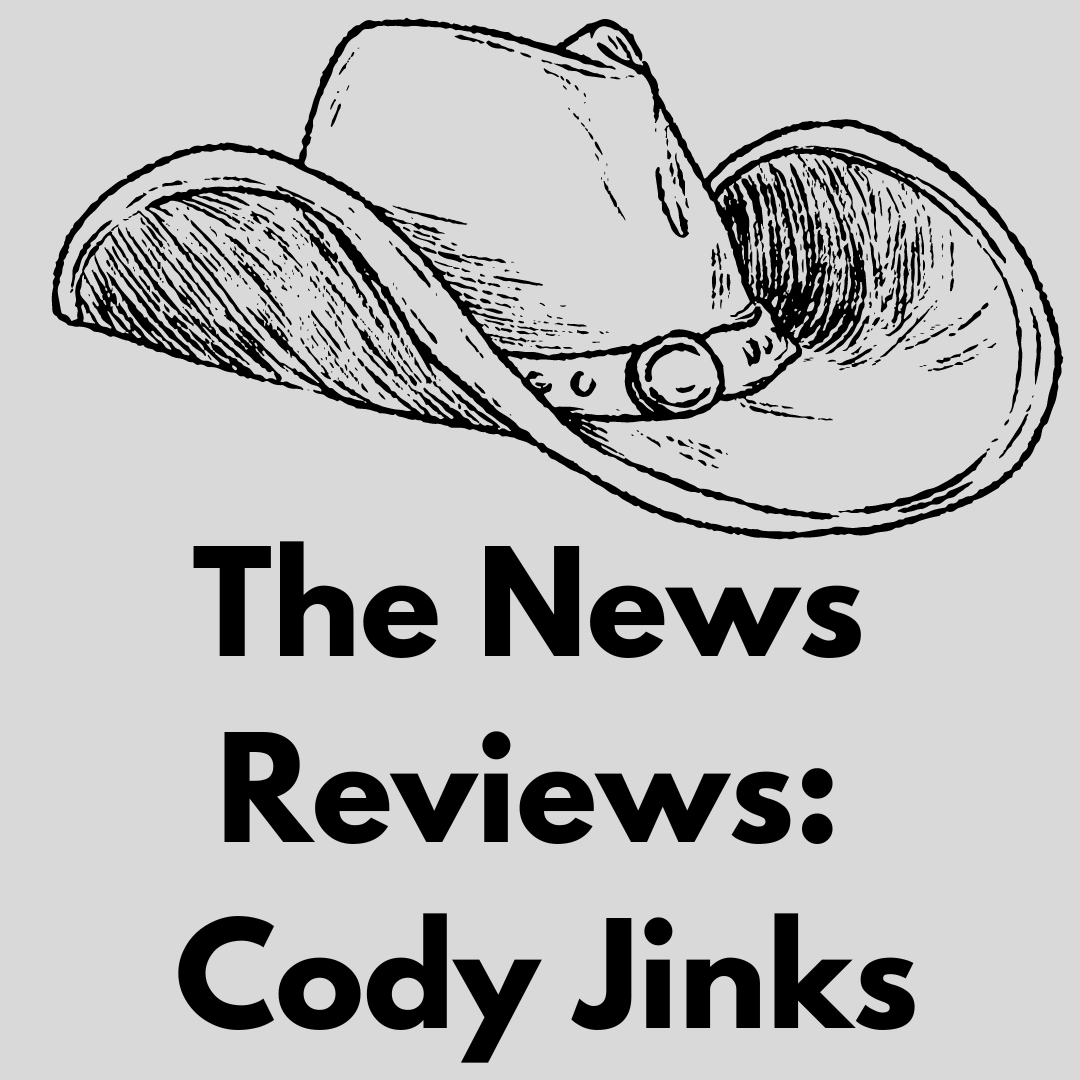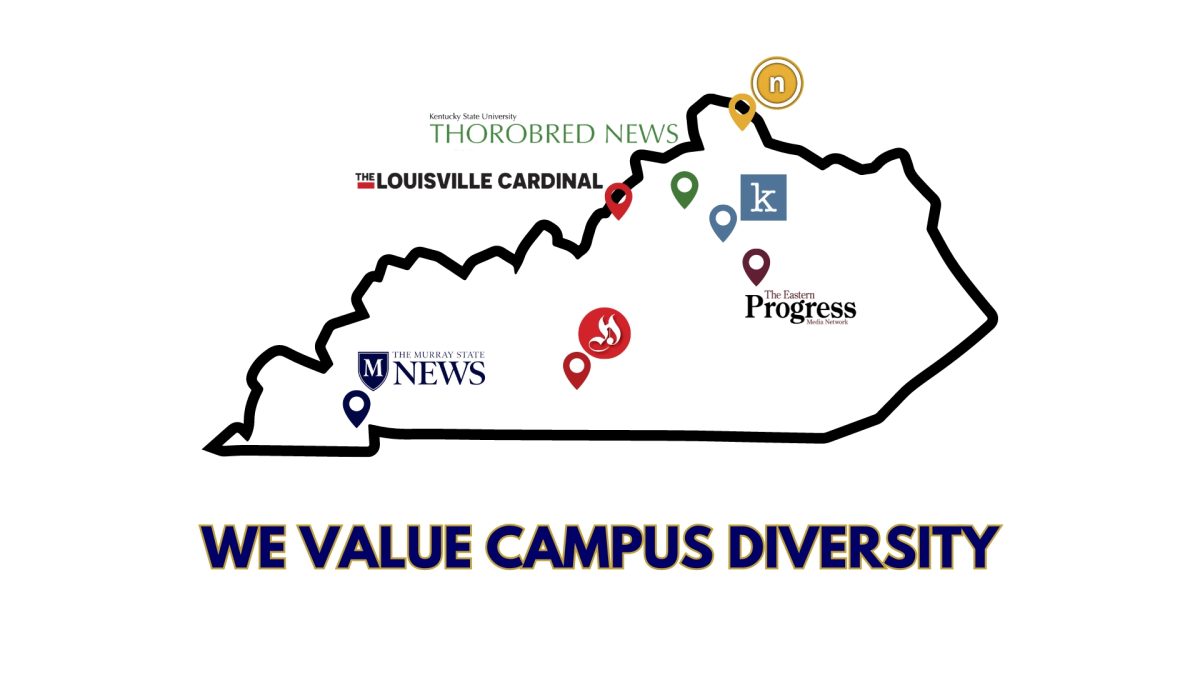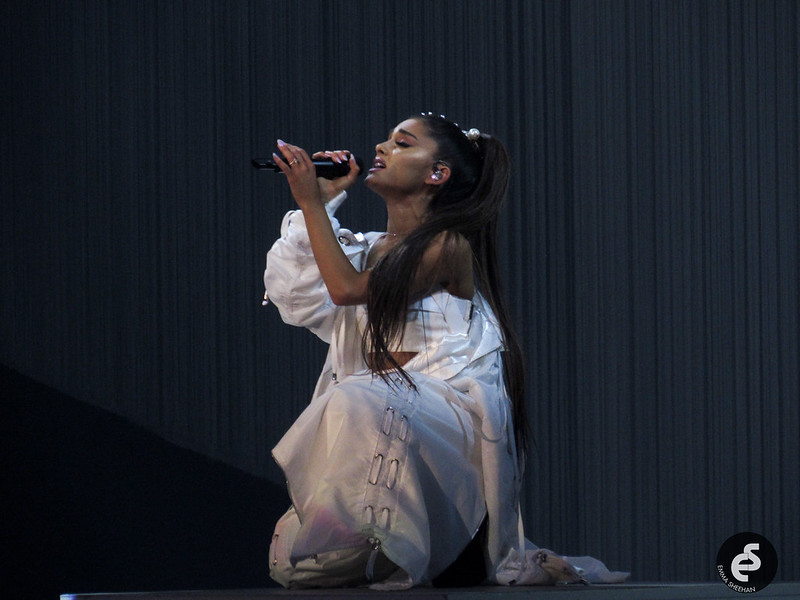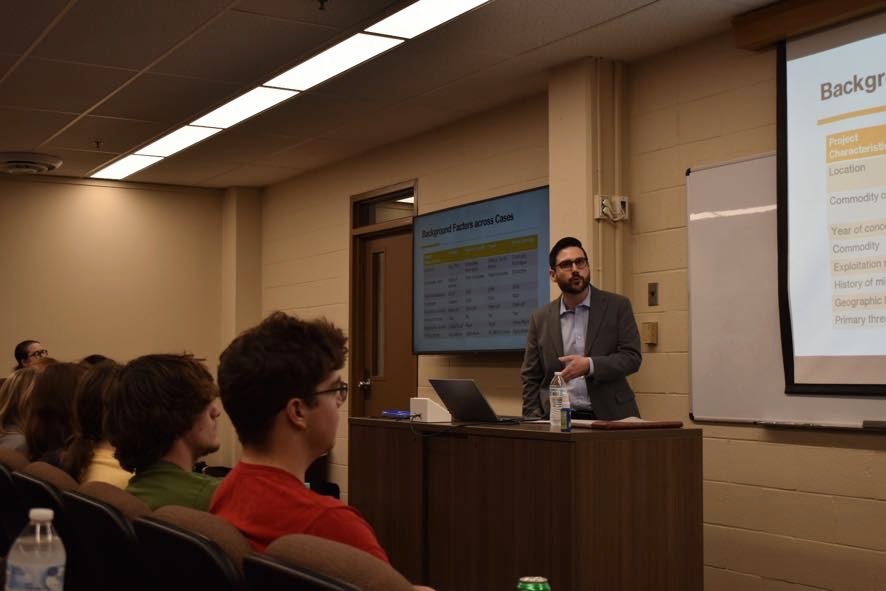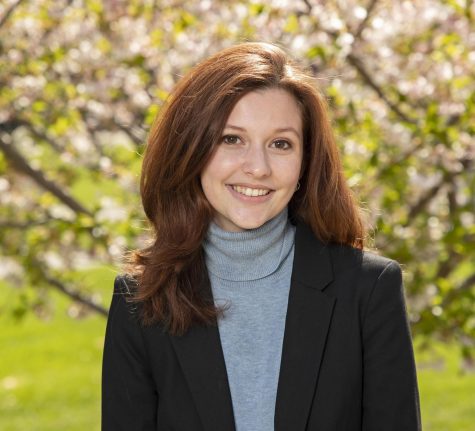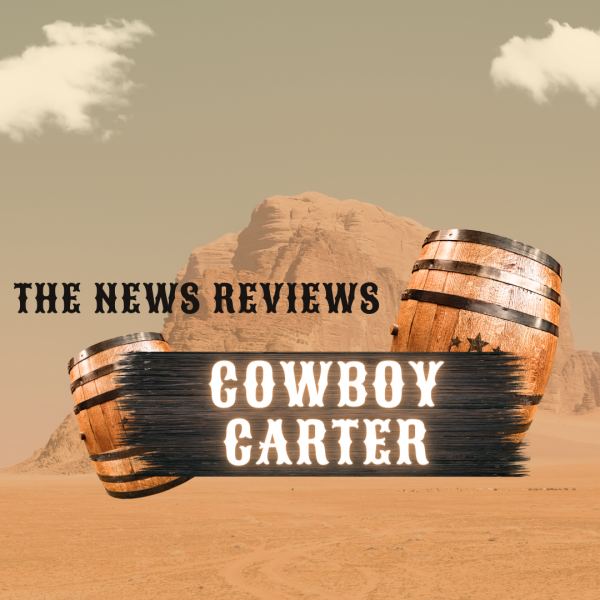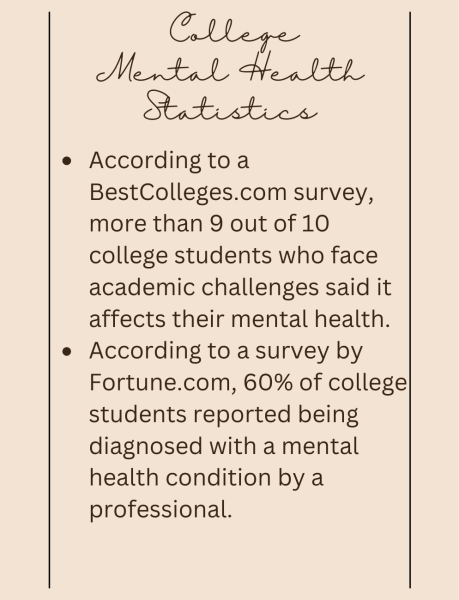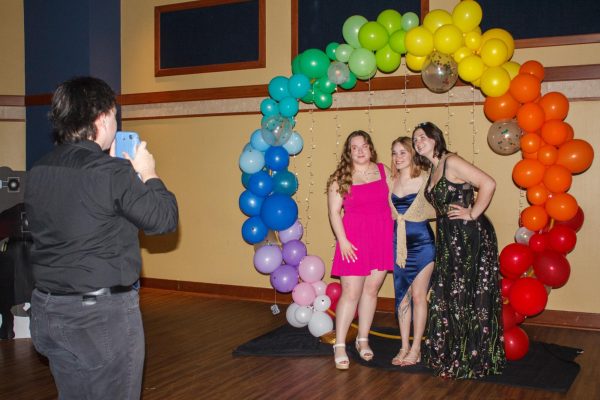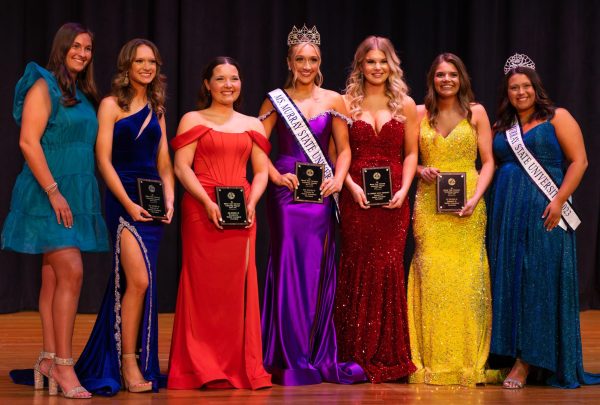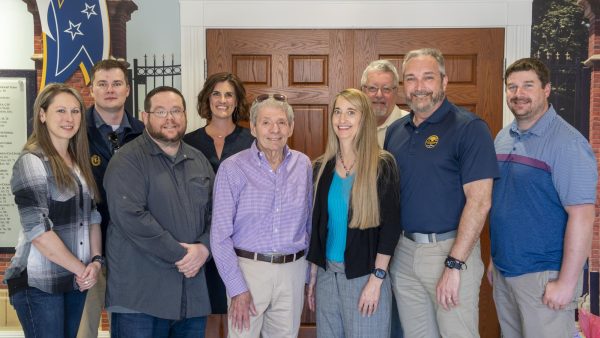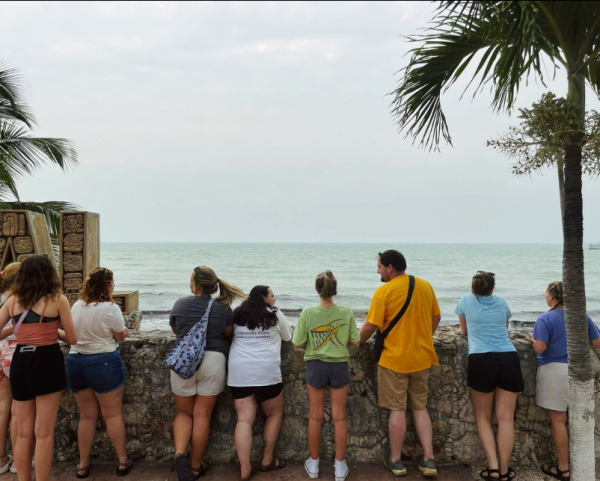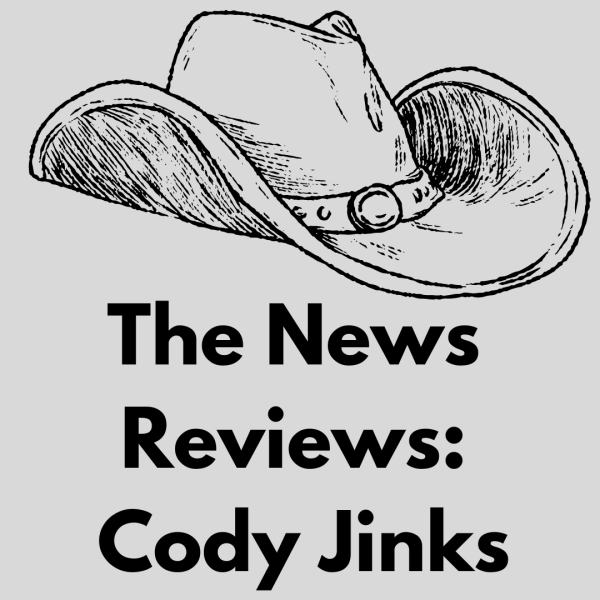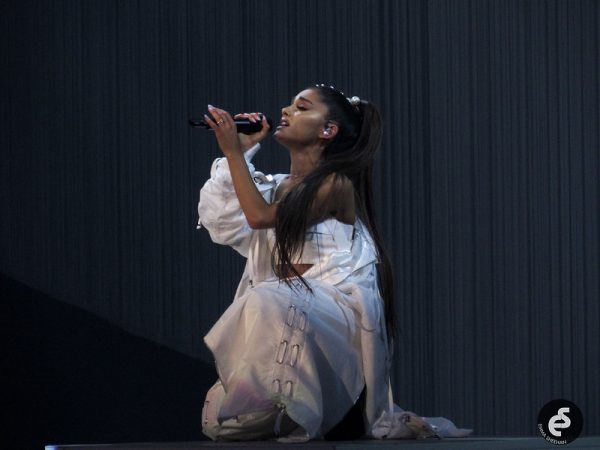Professor studies mining effects in Global South
Dr. Marc Polizzi discusses his new book at the Department of Political Science and Sociology’s colloquium event held on Tuesday, Oct. 25. (Mary Huffman/ The News)
October 27, 2022
Political Science and Sociology Professor Marc Polizzi co-authored “The Roots of Engagement: Understanding Opposition and Support for Resource Extraction,” a book that looks at the impact that resource extraction has on communities—specifically conflicts.
Resource extraction is the act of withdrawing resources from the environment for human use. Resource extraction can include coal, oil, minerals and lumber.
Polizzi said four surveys were conducted on attitudes about resource extraction in communities where it was occurring: one in Peru, two in Nicaragua and one in South Africa.
“Some see it as a threat to the community because of competition with agriculture, or in the case of South Africa, it’s the potential damage to wildlife,” Polizzi said. “Other people view it as an opportunity because in many of the more impoverished areas, these are higher wage jobs. It also brings in tax revenue that can be used on different kinds of community projects and so forth.”
Polizzi said these places have all had sustained protests and mobilizations against resource extraction, which has stalled potential projects to better the region.
Like Kentucky, these countries rely on mining for natural resources. In Peru, the main resource is copper, Nicaragua is gold and South Africa is coal.
Polizzi said while some individuals still view mining as a threat and some are simply more engaged in their communities, there is a theory that by being more socially engaged, there can be three different outcomes. The first is that individuals get more information about the potential risks, so they will go to local community group meetings.
“One of the things that the leaders of those organizations will often do is provide them with information about what had happened in nearby communities where maybe mining had occurred, and there were negative effects to the environment or community livelihoods,” Polizzi said.
The second point is individuals feel more empowered within their communities to determine what kind of economy and industry they want to see.
The third point is that individuals have a unified community worldview and that the mine is actually going to change the landscape physically, culturally and socially.
“A lot of these communities are made up of Indigenous populations or are communities whose economies are dependent on agriculture,” Polizzi said. “When mining is looming, it can drastically change the makeup of the community and its economy.”
Polizzi said the research process started in 2014, but there were no plans to turn the findings into a book.
“We had different individual projects where we were designing surveys to again try to understand about the opportunities and the threats, but we didn’t necessarily have a larger scheme in mind,” Polizzi said.
Polizzi used fieldwork to get a better understanding on how people are engaged within their communities through local organizations, theorizing community engagement plays a role in forming attitudes over mining.
Polizzi said he and the other authors combined their fieldwork within the communities and talked to community leaders, some in charge of environmental organizations and other types of nongovernmental organizations.
A nongovernmental organization is a group that promotes social or political change without being controlled by the government and is often volunteer based.
Polizzi said people should have a vested interest in resource extraction because it promotes community empowerment and the ability for communities to vocalize what they want for their town.
“In the case of the Tía María mining project in Peru, local farmers sell to national markets and even export some products abroad,” Polizzi said. “Their community worldview is that the local economy is all connected to agriculture. As such, mining is seen as a threat to that worldview.”
Polizzi encourages people to think about how they see their community, the people within and what they ultimately want it to look like.
To purchase this book, visit the Oxford University Press website.



